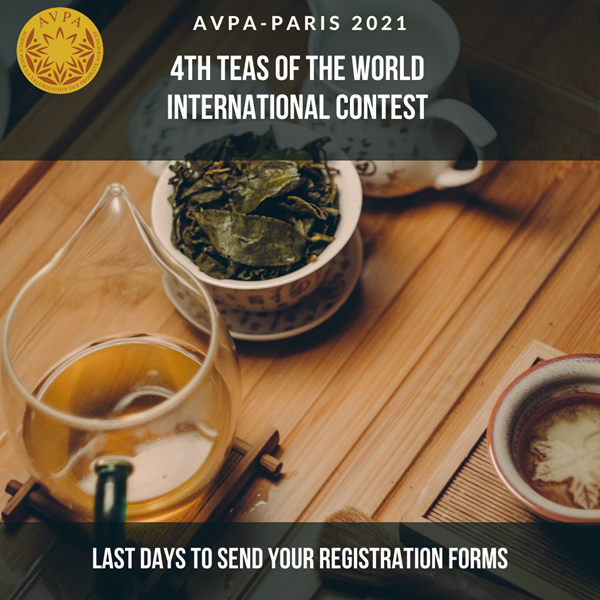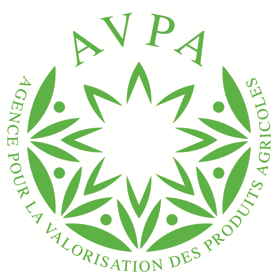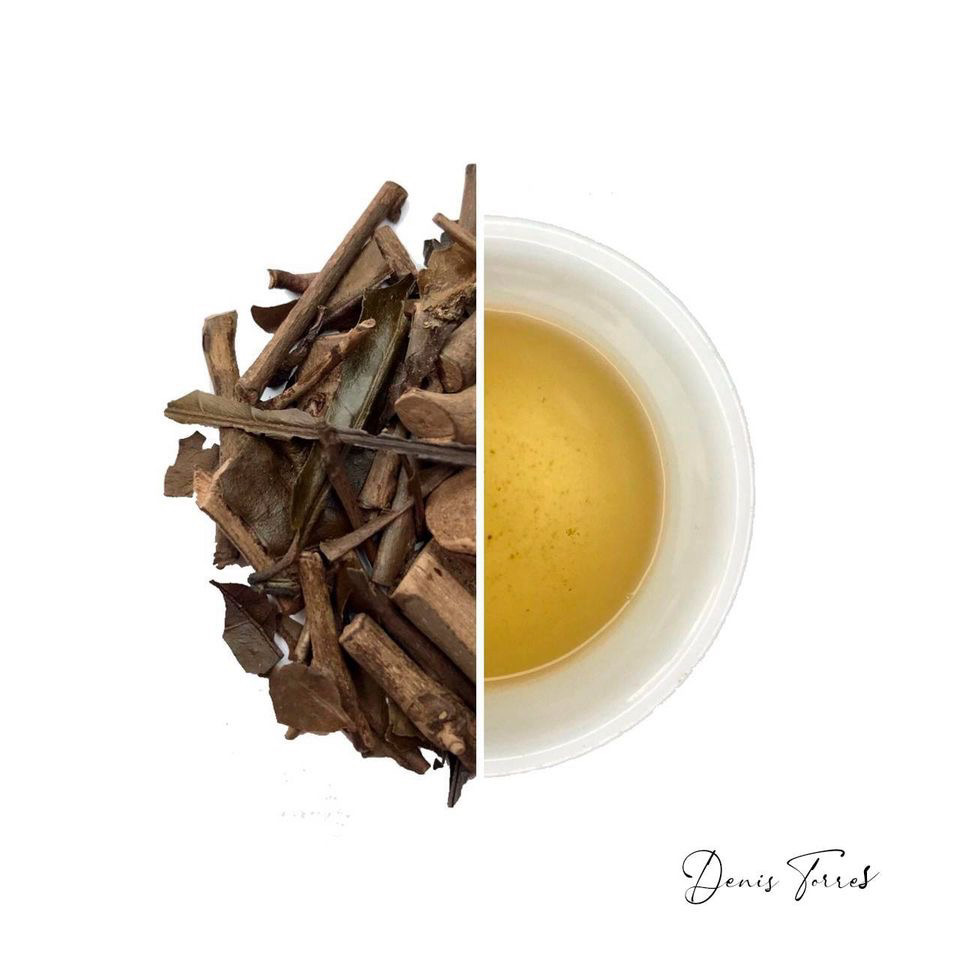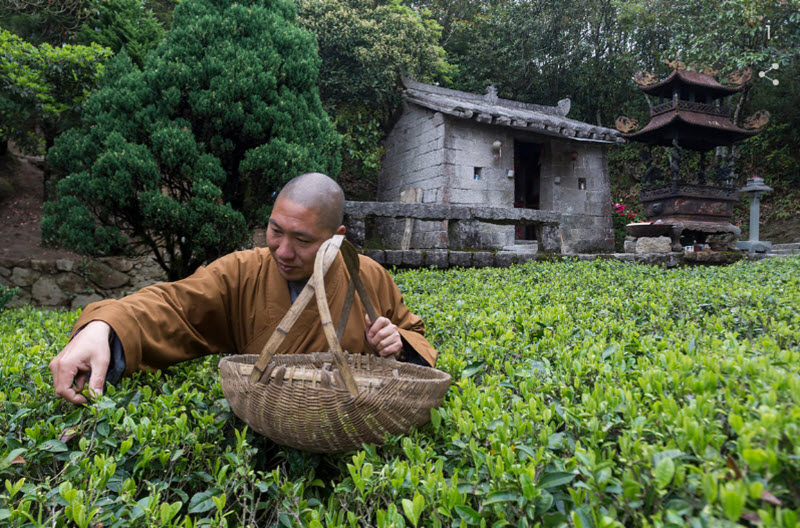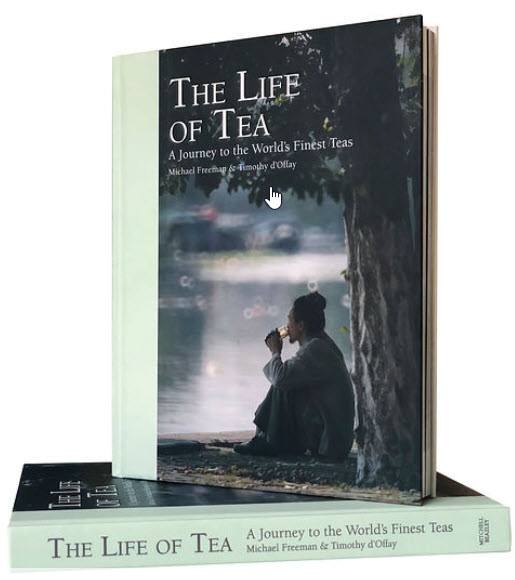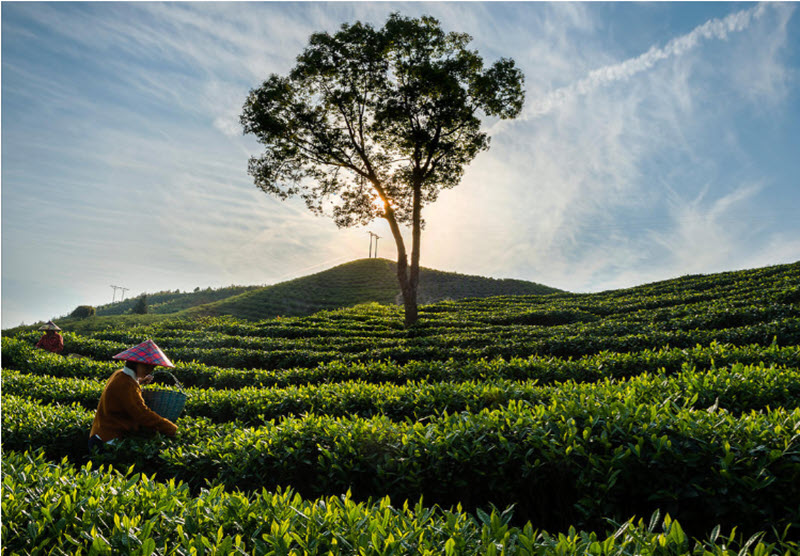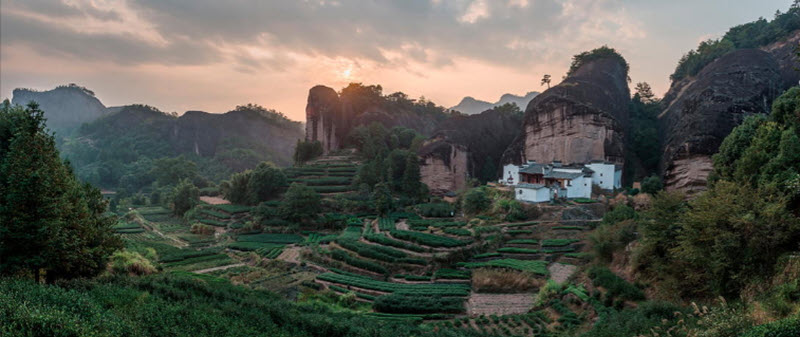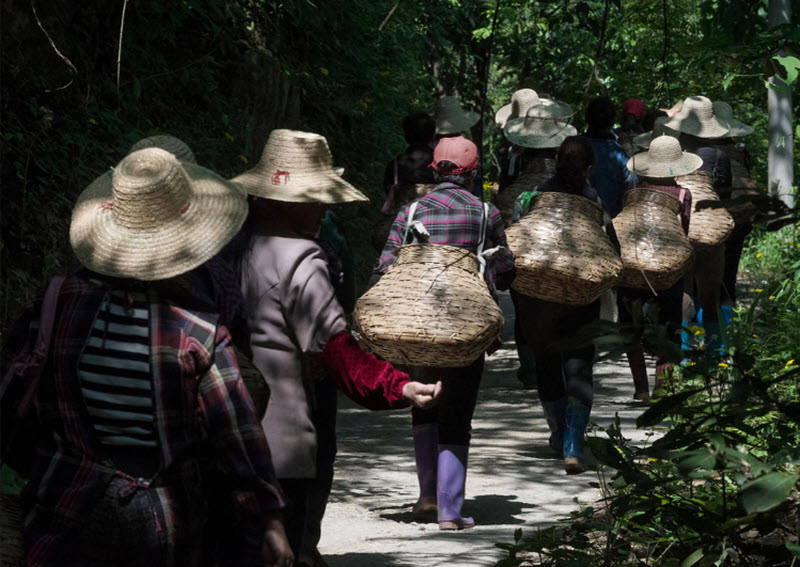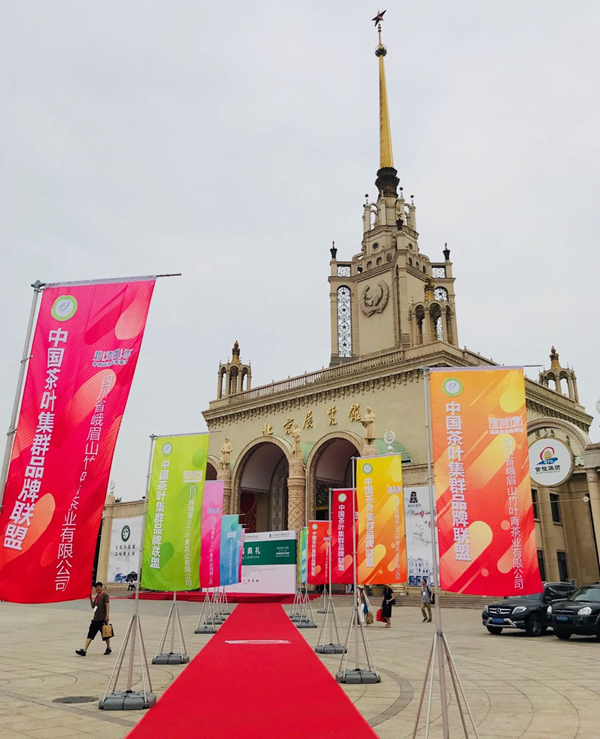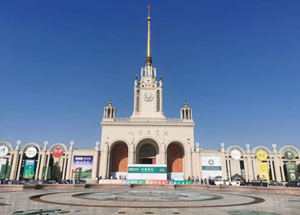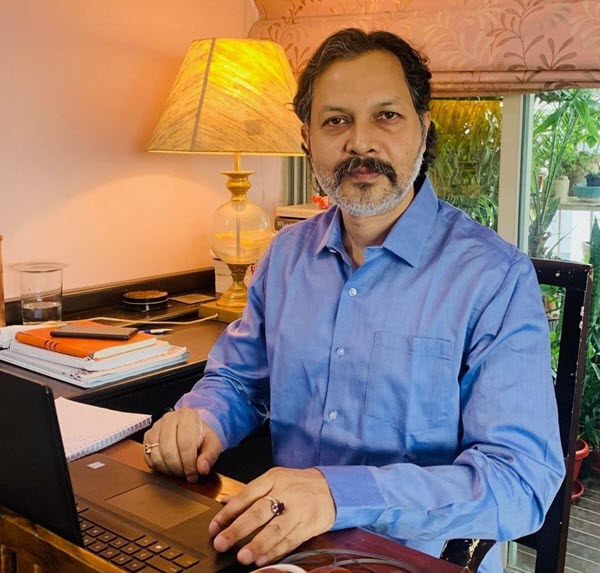Philippe Juglar is president of Paris-based AVPA (Agence pour la Valorisation des Produits Agricoles) a non-governmental, non-profit organization that judges wine, chocolate, coffee, and teas best suited to local preferences. He joins Tea Biz to discuss what it takes to be a winner in the only “gastronomic” tea competition in a major consuming country that evaluates tea solely to promote the good practices of production and trade. The deadline to enter the 4th Teas of the World International Contest is Sept. 15, 2021.
A Gastronomic Tea Contest
Dan Bolton: Welcome back to the Tea Biz podcast. Will you share with listeners details about AVPA’s upcoming Teas of the World competition?
Philippe Juglar: Last year, we received more than 200 teas from more than 20 countries all over the world and we are very happy with that result for such a young contest. We hope this year to get 300 teas from 25 countries.
The most important participant in our competition are newcomers in the tea industry. This year, for instance, we have a tea from the UK. Great Britain is now a country producing tea in its Highlands.
We have a lot of teas from Taiwan, from Asia, from Africa, Eastern Africa, Western Africa. What is missing up to now is China, China is a bit shy, but I suppose it will come one way or the other. Japan is now very present in our competition.
In France, tea is a very new and dynamic industry we have very, very good tea amateurs. We are not great, great tea drinkers, but we are sharp tea drinkers. And we have very good teas in France now.
Dan: Which teas have been most successful in previous contests?
Philippe: Any type of tea is welcome our contest. We have categories for monocultural teas ? Camellia sinensis and Camellia assamica ? and we have categories for herbal teas, blended teas, perfumed [scented] teas.
In each category we judge aromas, taste and texture. What we are looking for is harmony, balance, and originality. We rather prefer controversial teas, a tea which may have scored 10 over 10 with three judges, yet scored maybe only a three or four over ten with two other judges. We are looking for teas with distinctive character rather than a standard tea. We prefer teas that are different from the average.
Dan: How does the tea industry benefit from AVPA’s annual contest?
Philippe: Agricultural product competitions are a part of the food industry. In Europe we have had contests for years, I would say for centuries, with wine, with olive oil, with cheese, and so on. When producers compete they share information and compare their own production against that of their friends and neighbors which are always different. Obviously, each producer is sure to be the best producer in the world, but it’s good to check it in front of other products. So, I will say the first point is that competitors can compare the quality of their products with other products.
A second, interesting point from the tester’s vantage, is the opportunity to see what the industry is offering to the world. Each year, we have very important buyers – when I say very important buyers – not only for the turnover they can do [earnings] but also for the level of quality they are seeking. The competition lets them compare what they are normally buying, with what they could buy from other countries or other producers, or from gardens that are new.
Once the judgments are returned, we try to help the happy growers that have received a medal in our competition to inform their final client [customers] of the quality of their offering to the market.
Contest winners are announced in October at a virtual award ceremony. Winning brands may display their award on their packaging.
Agency for the Valorization of Agricultural Products
- Download 2021 Entry Form (Camellia Sinensis)
- Download 2021 Entry For (Herbal Infusions, Blends and Flavored Teas)
Entry forms must be submitted in early September
Email to: [email protected]
Samples are due in Paris Sept. 15.
2020 Winners (Camellia Sinensis)
2020 Winners (Herbal Infusions)
Monovarietal teas are evaluated by a jury chaired by Lydia Gautier.
Infusions (other than Camellia Sinensis) are evaluated by a jury chaired by Carine Baudry.
ATTENTION: AVPA makes everything to valorize the producers, many of them asked to extend the deadlines to have enough time to send their teas and herbal teas as in some areas the producers are just finishing their harvest. The August deadline has been extended samples must be in Paris before the 15th of September – Ksenia Hleap
How AVPA Elevates Origins
Recognition, professional education programs, and contests build self-esteem and economic success that directs a larger share of the value chain to the country of origin. “This is why we cling to local transformation of agricultural products so that producers benefit from the pursuit of excellence,” says AVPA President Philippe Juglar. Read more…

Competition Tea
Tea competitions that “speak” for their respective markets are great for the industry. In the tea lands, skilled growers and tea makers can infinitely adjust their pluck, style, grade, and sort for export – but first, they must understand market preferences. In France AVPA judges companies from around the world for excellence “based on gastronomic rather than standardized refereeing.”
Read more…
Share this post with your colleagues.
Signup and receive Tea Biz weekly in your inbox.
Never miss an episode
Subscribe wherever you enjoy podcasts:

